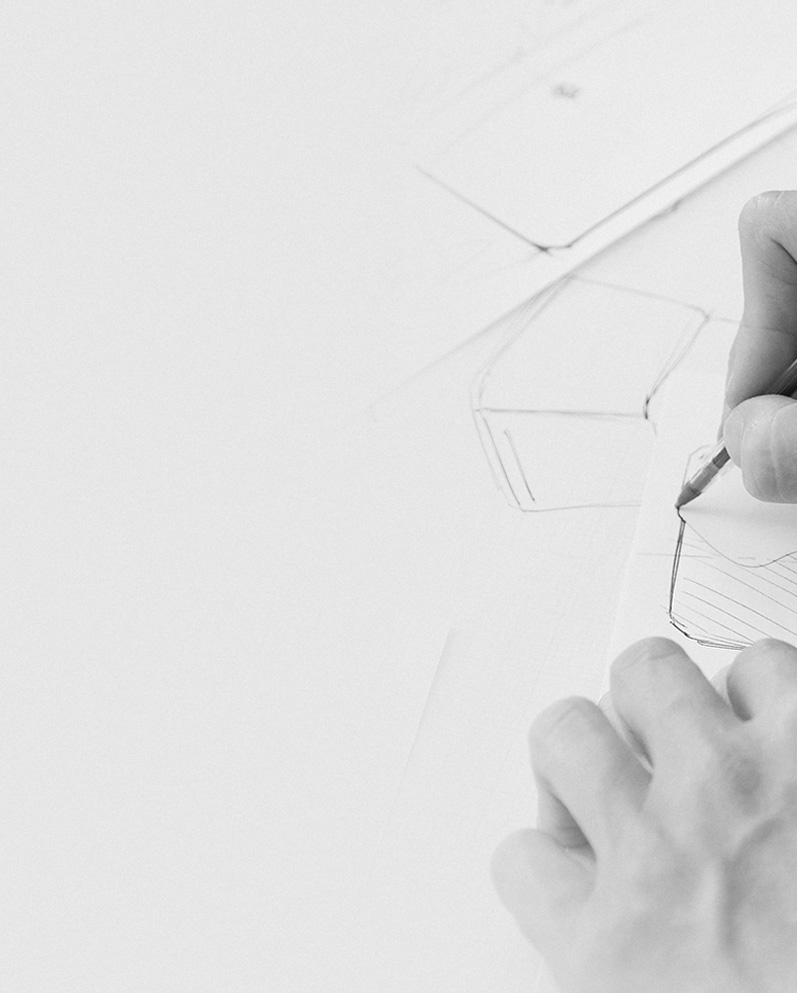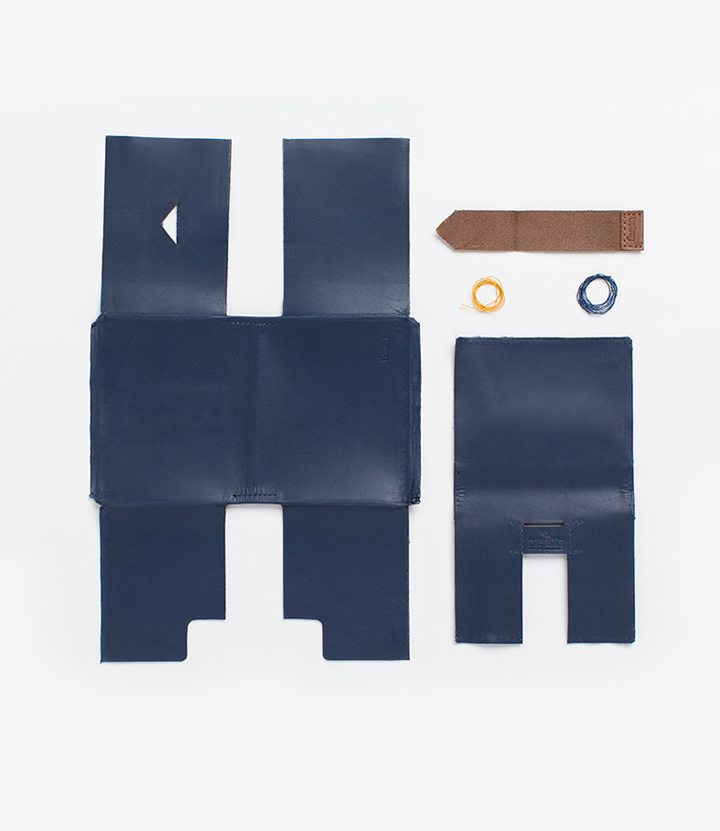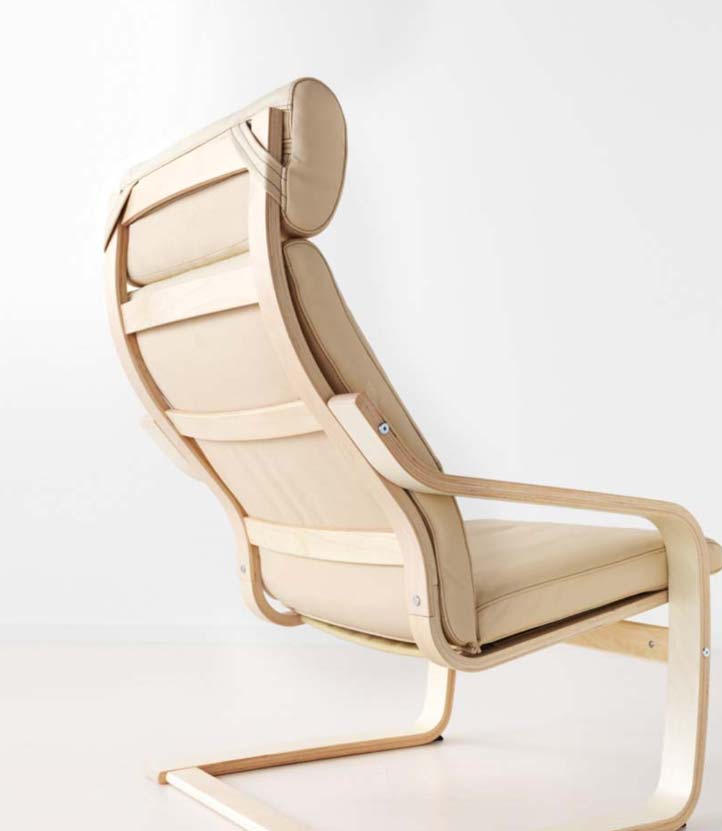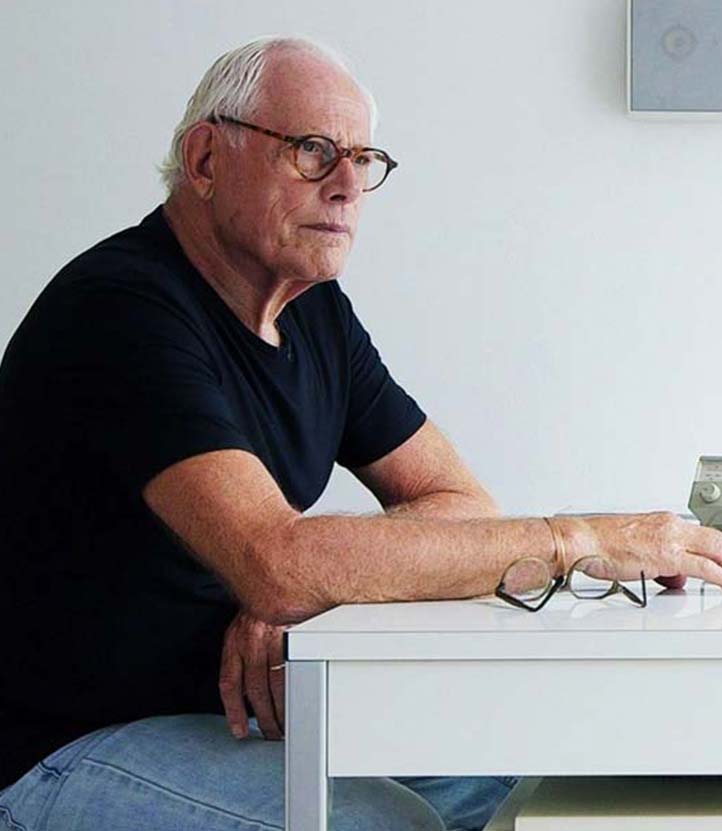Design
Simple is back, in a massive way
'Simple' isn't very simple at all. Here, we look at the simplicity in product design that comes from solving complexity.
On accepte

At Bellroy, every product is the result of a highly collaborative process. While the Designers Edition range came together from techniques and details the team had collected over the years, there is one person who feels particularly connected to the collection. Here, DE lead designer, Davin Hanna, shares his perspective on design, and the process that guides his work.
Design is like a constant dance between function and aesthetic. I believe a well-designed product holds beauty and desire on the surface, and true-to-purpose function within.
My father, a master craftsman, taught me from an early age to build, design and think about objects with real care and detail. I'd sit and watch him in his workshop, lights on well into the night as he worked on his ukuleles – anything from small problem-solving to entire builds. Some projects lasted for months as he prepared the materials, built jigs and molds, steamed and formed the timber body, and finessed the inlays. If I was lucky enough, he'd let me tackle some of the elements under his guidance. Seeing the detail that came from the investment of time, creative thought, problem solving and an experienced hand, set the tone for me as a designer.
But let’s not confuse detail with complexity. Some of the most beautiful objects are daringly simple.
”Stop looking at yourself as a designer and start thinking of yourself as a deliverer of ideas.” – Stale Malvær

In delivering an idea, I always break down the vision I have of an item’s finished state into its parts – function, detail, material and finish. These components are like the DNA or soul of the product. And it’s the material realisation of this that defines the beauty and success of the finished piece.
This is where the process is critical. For me, it begins with concepts (mostly sketches and mood boards). I group the most compelling ideas into a couple of directions and bring them into a physical form. This is where the real learning begins. At Bellroy, we refer to this as the ‘experience’ – moving beyond a sketch, to a build process that feels more refined and intricately formed with each round.
The process need not be complex. A simple framework allows space for great detail and resolution – and a finished product that’s well-considered and thoughtfully developed.
The main hindrances to a design process are uncertainty and vagueness. Luckily, these can be overcome through deeper discussion or demonstration. Having some tangible elements of the products can validate and progress projects and save months of development time… The sooner you can move into the ‘experience’ phase, the sooner you can work towards resolving uncertainty. The process need not be complex. A simple framework allows space for great detail and resolution – and a finished product that’s well-considered and thoughtfully developed.
I design so that I can bring ideas to life for people to enjoy. Whether the interactions are life-changing or as mild as a smile on someone’s face – if it is true to its purpose and balances form with function accordingly, it’s really no more complicated than that.


'Simple' isn't very simple at all. Here, we look at the simplicity in product design that comes from solving complexity.

IKEA understands that design can be a great equalizer. Read more about what we take from this philosophy.

More than half a century after pre-eminent minimalist, Rams, started designing, his influence is still felt profoundly.